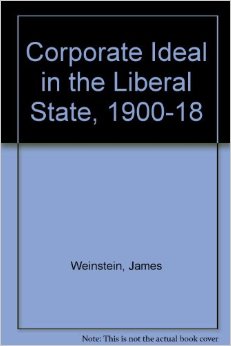Review
“This well-written book is partly based on information from unpublished papers of the period. Its main value lies less in the answers Mr. Weinstein provides than in the questions he raises. Recommended for the informed layman as well as the scholar.”–Library Journal
From the Publisher
This well-written book is partly based on information from unpublished papers of the period. Its main value lies less in the answers Mr. Weinstein provides than in the questions he raises. Recommended for the informed layman as well as the scholar.







